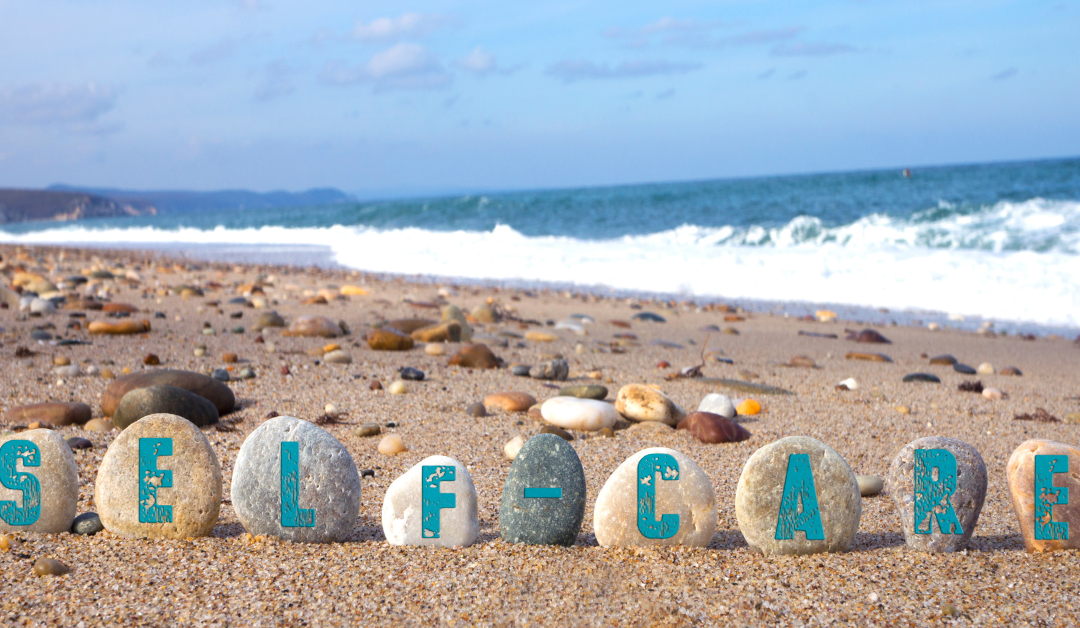Retirement offers an excellent opportunity to prioritize physical self-care and invest in your overall health and well-being. Engaging in physical self-care practices not only benefits your body but also enhances your energy levels, vitality, and quality of life. Here are some essential physical self-care tips for retirees:
1. Maintain a Balanced Diet:
Focus on consuming a well-balanced diet rich in fruits, vegetables, whole grains, lean proteins, and healthy fats. Prioritize nutrient-dense foods that nourish your body and support optimal health. Limit processed foods, sugary snacks, and excess sodium intake.
2. Stay Hydrated:
Make sure to drink an adequate amount of water throughout the day. Proper hydration supports digestion, cognitive function, joint health, and overall body functioning. Carry a water bottle with you and set reminders to drink water regularly.
3. Engage in Regular Exercise:
Incorporate regular physical activity into your daily routine. Engage in activities that you enjoy and that suit your fitness level, such as walking, swimming, yoga, cycling, or strength training. Aim for at least 150 minutes of moderate-intensity exercise per week, or as advised by your healthcare professional.
4. Prioritize Strength and Balance:
Include strength training exercises to maintain muscle strength and bone density. Use resistance bands, weights, or your body weight for exercises that target different muscle groups. Additionally, practice balance exercises to reduce the risk of falls and maintain stability.
5. Protect Your Skin:
Protect your skin from harmful UV radiation by wearing sunscreen with a high SPF, covering exposed areas with clothing, and seeking shade during peak sun hours. Regularly check your skin for any changes or unusual moles and consult a dermatologist if needed.
6. Get Enough Quality Sleep:
Prioritize getting sufficient and quality sleep each night. Create a sleep-friendly environment, establish a relaxing bedtime routine, and ensure your sleep space is comfortable and conducive to restful sleep. Aim for 7-9 hours of sleep per night, as recommended for most adults.
7. Take Care of Your Joints:
Engage in activities that promote joint health, such as low-impact exercises, stretching, and maintaining a healthy weight. Consider incorporating joint-supporting supplements or consulting with healthcare professionals for specific joint concerns.
8. Practice Good Posture and Ergonomics:
Maintain good posture and ergonomics in your daily activities. Pay attention to your sitting and standing posture, use proper lifting techniques, and ensure your workspaces are ergonomically set up to prevent unnecessary strain on your body.
9. Schedule Regular Health Check-ups:
Stay proactive about your health by scheduling regular check-ups and screenings. Follow recommended guidelines for screenings such as mammograms, colonoscopies, bone density tests, and regular visits to your healthcare provider for preventive care.
10. Listen to Your Body:
Pay attention to your body’s signals and needs. Rest when you feel fatigued, address any pain or discomfort promptly, and seek medical advice if necessary. Engaging in active self-care involves tuning in and responding to your body’s unique requirements.
Conclusion: Physical self-care is a vital component of overall well-being in retirement. By maintaining a balanced diet, staying active, protecting your skin, prioritizing sleep, and being proactive about your health, you can nurture your body and enjoy the benefits of increased vitality, strength, and longevity. Make physical self-care a consistent part of your retirement lifestyle and reap the rewards of a healthier and more fulfilling life.

